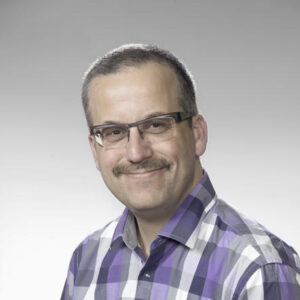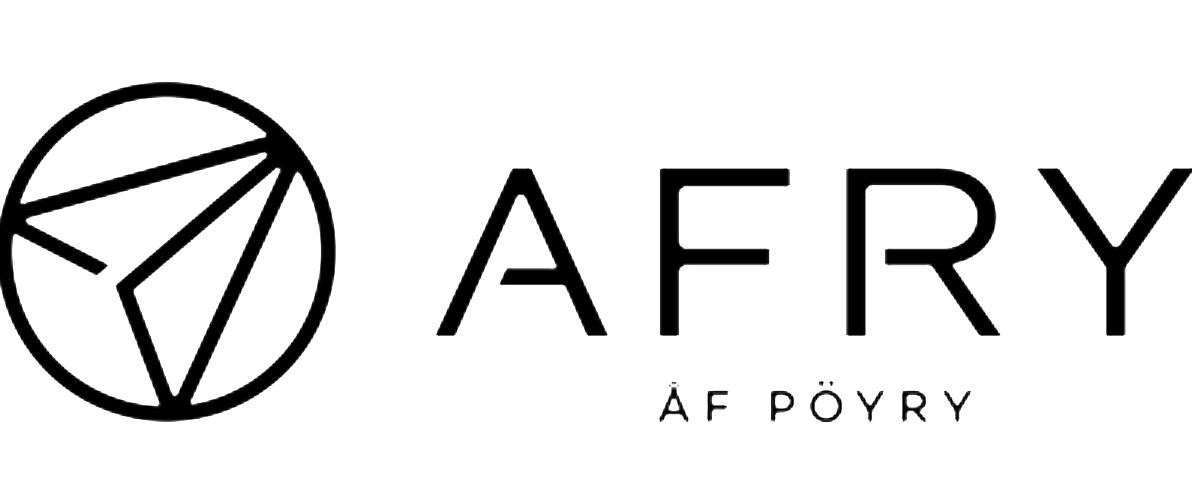Welcome to FPGAworld Conference 2025
in Stockholm on 9 September
in Stockholm on 9 September
The FPGAworld Conference is an international forum for researchers, engineers, teachers, students, and hackers. It covers topics such as complex analog/digital/software FPGA SoC systems, FPGA/ASIC-based products, educational & industrial cases, and more. Registration for attendees is free and includes 2*coffee, lunch and go-home drink.
Keynote Speaker 2025
Keynote speaker: Stephan van Beek , MathWorks, Eindhoven
Title: FPGA meets Systems Engineering, integrating approaches
Abstract: The growing complexity of modern systems demands advanced hardware solutions, with Field Programmable Gate Arrays (FPGAs) and System-on-Chip (SoC) architectures playing a pivotal role. However, the intricate nature of FPGA/SoC development requires structured engineering methodologies to ensure reliability, performance, and resilience—especially in demanding environments.
– Leveraging Systems Engineering for FPGA/SoC Development –
To tackle these challenges, systems engineering principles are essential for:
- Managing complexity by structuring FPGA/SoC designs with comprehensive requirements models.
- Optimizing functional allocation through effective partitioning techniques for heterogenous architectures.
- Enhancing validation & verification by integrating fault injection for functional correctness and sensor fault impact analysis.
- Accelerating deployment and minimizing development time.
– The Road Ahead: SysML v2 and the Future of FPGA/SoC Development –
As FPGAs and SoCs drive next-generation computing, MBSE is evolving to unlock new levels of automation, collaboration, and interoperability. SysML v2 represents a major leap forward enabling integration between various engineering disciplines to realize complex systems with relevant information throughout the system’s lifecycle. The emergence of the SysML v2 API supports this integration by allowing various engineering tools to access a SysML v2 system model.
CV: Stephan van Beek is a seasoned technical specialist with over 15 years at MathWorks, Eindhoven, where he helps engineers and organizations across Europe implement Model-Based Systems Engineering (MBSE) and Model-Based Design (MBD) for FPGA and SoC development. With deep expertise in Systems Engineering and Embedded Systems, he guides customers in optimizing design workflows, accelerating innovation, and bridging the gap between algorithm development and hardware implementation.
Before joining MathWorks, Stephan was part of the electronic design methodology team at Océ-Nederland, refining and improving design processes. His career also includes time at Anorad Europe BV, where he specialized in motion control systems. Stephan holds a B.Sc. in Electrical Engineering from the Eindhoven University of Applied Sciences and is passionate about driving efficiency and excellence in engineering design processes.

Keynote Speakers 2025
Keynote speaker: Tryggve Mathiesen, AMD, USA
Title: Optimizing AI Inference for FPGA-Embedded Systems
Abstract: AI inference refers to the process of applying a trained artificial intelligence model to analyze new data and generate predictions in real-time. Unlike the training phase, which requires extensive computational resources, inference must be efficient, low-latency, and power-conscious—especially in embedded systems with strict hardware constraints.
FPGA-based AI inference presents unique advantages, including reconfigurability, parallel processing capabilities, and post-production hardware specialization. However, these benefits come with trade-offs related to Performance, Latency, Area, and Power, as well as the need for an optimized AI inference tool flow.
This talk explores how adaptive FPGA architectures enhance AI inference through hardware-software co-design. Using a constraint-driven methodology, we compare inference approaches across CPUs, GPUs, AI accelerators, NPUs (DPUs), vector extensions, and embedded inference frameworks like FINN. Our analysis identifies FPGA-optimized AI solutions that improve performance scalability while minimizing size and power consumption, ensuring adaptability and compatibility with standardized inference workflows.
Looking ahead, AI inference on embedded FPGAs is expected to play a key role in next-generation systems.
CV: Tryggve earned a MSc CSE from CTH Gothenburg in 1987. He has deep system engineering background in computer arithmetic, application acceleration and systems design using FPGAs. As an FPGA and system expert in Industrial, Automotive and Telecommunication fields, he has enabled complex embedded systems and educated customers in FPGA design. The last 8 years at AMD/Xilinx, the current focus lies in advancing AMD customers embedded system design and utilization of neural-network inference solutions.

Sponsors

Exhibitors and Presenters
AFRY, Sweden
AGSTU FPGA Education, Sweden
MathWorks, USA
Linköping University, Sweden
Microchip, USA
Efinix; USA
ALTERA, USA
Lattice Semiconductor, USA
Arrow, Europe
Open Logic, USA
Adiuvo Engineering, GB
AMD/XILINX, USA
InnoFour B.V. The Netherlands
Xiphera Ltd, Finland
Siemens, Germany
EmLogic, Norway
Trenz Electronic, Germany
Denmark Technical University
KTH Royal Institute of Technology, Sweden
Chalmers University, Sweden
Aldec, USA
Bitsimnow/Prevas, Sweeden
Avnet Silica, USA
DFiant Inc., Israel
Pantherun Technologies, UK
Knowledge Resources GmbH, Switzerland
Synective Labs, Sweden
Sequitor Engineering AB, Sweden
Branschorganisationen Svensk Elektronik
FPGAworld, Sweden



